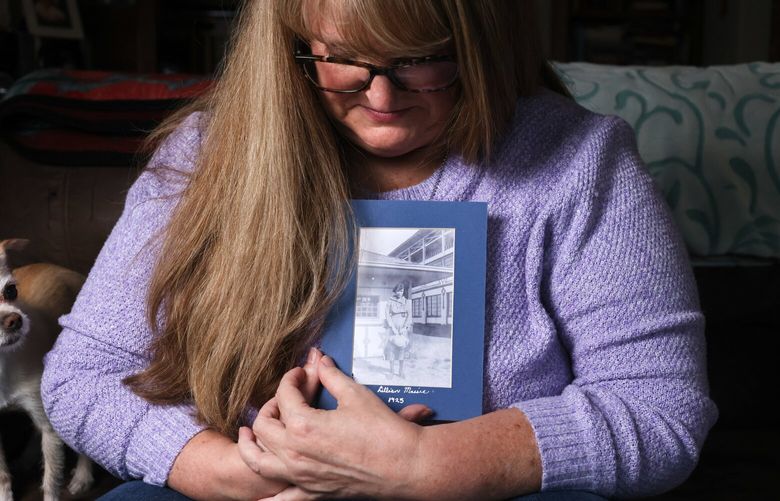Psychiatric care in the U.S. used to look very different: Huge, ornate buildings on sprawling, state-run campuses where people would live for decades.
There are varying takes on what happened behind the gates of those institutions. Patients were warehoused, neglected, abused and experimented on. In some cases, people were sent to these places who didn’t have a serious mental illness but were considered inconvenient or didn’t fit in — like immigrants who didn’t speak English, gay men and lesbians, and women whose husbands wanted to get rid of them.
But you’ll also find people today who are nostalgic for these asylums. Because at least there was somewhere for the most seriously mentally ill people to go that was not the streets.
Episode 3 of “Lost Patients,” the new six-part podcast about mental illness from The Seattle Times and KUOW, focuses on these institutions in the years before deinstitutionalization: The effort starting in the 1960s and 1970s to shrink and shutter large, government-run psychiatric hospitals. Host Will James and Seattle Times investigative reporter Sydney Brownstone explore what really happened at Northern State Hospital, the state hospital in Sedro-Woolley, before it closed in 1973.
“So much of what we’ve built in the past half-century is in reaction to hospitals like Northern State,” James says. “The answer to the question of why people in mental health crises today get lost … this is where it starts.”
New episodes of “Lost Patients” are released on Tuesdays on all major podcast platforms.
After you listen, dive deeper
Searching for Lillian: This podcast episode is based on a Times project about the closure of Northern State Hospital. Brownstone tracked the journey of Auburn resident Carrie Davidson to find information about her great-grandmother, Lillian Massie, who died at Northern State in 1934.
The project also features John Horne, who used to work as a chemical dependency counselor on the hospital’s campus. Horne has been uncovering hundreds of headstones at Northern State’s cemetery, revealing the names of patients lost to history.
Additionally, you can follow Davidson’s quest to find her relative, and see Horne’s work to search for grave markers, in a video documentary. The film explores the complex legacy of Northern State and its impact today.
The Times worked with Washington State Archives to digitize the death registers from Northern State to help people research patients’ history. Dozens of people have discovered information about their family members in the death records, which had not previously been public.
“I believe it’s important to give readers local and historical context for the fraught political debates around homelessness and mental health today,” Brownstone said, explaining why she pursued the story. “Why do we, as a society, forget some things and remember others? How can remembering this past help us create a better world?”


